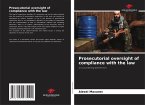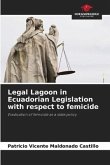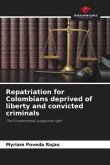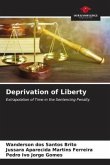Relevance of developing theoretical and practical problems of prosecutorial oversight over the implementation of laws on freedom of conscience, religious associations and combating religious extremism is due to a number of important circumstances. In this regard, firstly, we should note the aggravation of the situation in the field of inter-religious and inter-ethnic relations in many regions of the country.Secondly, one cannot overlook the phenomena of globalization, the change in the vector of social development in the late XX century in the Russian Federation, the scientific understanding of the impact of which on the relationship between state and religious institutions by domestic scientists is just beginning. The works on this topic emphasize that the formation of a new paradigm of relations between the state, civil society and individuals with religious associations and representatives of various religions can be both anti-criminogenic and criminogenic in nature.
Bitte wählen Sie Ihr Anliegen aus.
Rechnungen
Retourenschein anfordern
Bestellstatus
Storno








